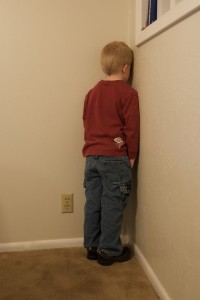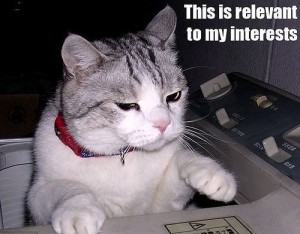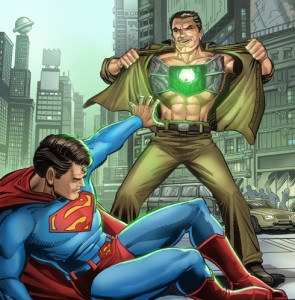It’s Monday, and, even though I am arguably living the dream job, I’m fighting the Monday-back-to-work-blues. The reason being – I’m floating around the dreaded middle and all I can think about is how much I want to pick up one of my older projects so that I can avoid having to face the glaring flaws I’m seeing in my story arc. I know I’m pulling away from what I originally set out to do, in part because some of my original ideas didn’t work. Why I continue to try to keep them in, even after they didn’t work in the first draft, I’m not really sure. But I know with each rewrite, my story is getting strong, so the only thing I can do is visualize the goal of seeing my work published, of truly being a writer, and push through.
I think one of the biggest things I’m struggling with is trying to stay true to the story I want to write. But so often when I read a story that is poorly developed, I think to myself, this person wasn’t willing to sacrifice the story they thought they wanted to tell for the story that they should tell; they ignored the story that worked for a story that is flawed.
When I wrote my Master’s thesis, I discovered 2 weeks before the due date that my hypothesis didn’t work. But instead of trying to submit something that was flawed, I worked my butt off to turn what I had into something that worked, at the sacrifice of a lot of data and many paragraphs and even chapters that I was proud of. While this was a struggle, it was what had to be done. I know I need to apply that same logic, that same part of my brain, to my fictional writing. If it doesn’t work, it doesn’t work. If I want to call myself a writer, I need to not only be able to see when something doesn’t work, but I need to have the bravery to step back and rework scenes until I have something that does work.
What does your Monday have in store for you? Do you struggle with the middle? Or do you find your weakness elsewhere? How do you push through?








